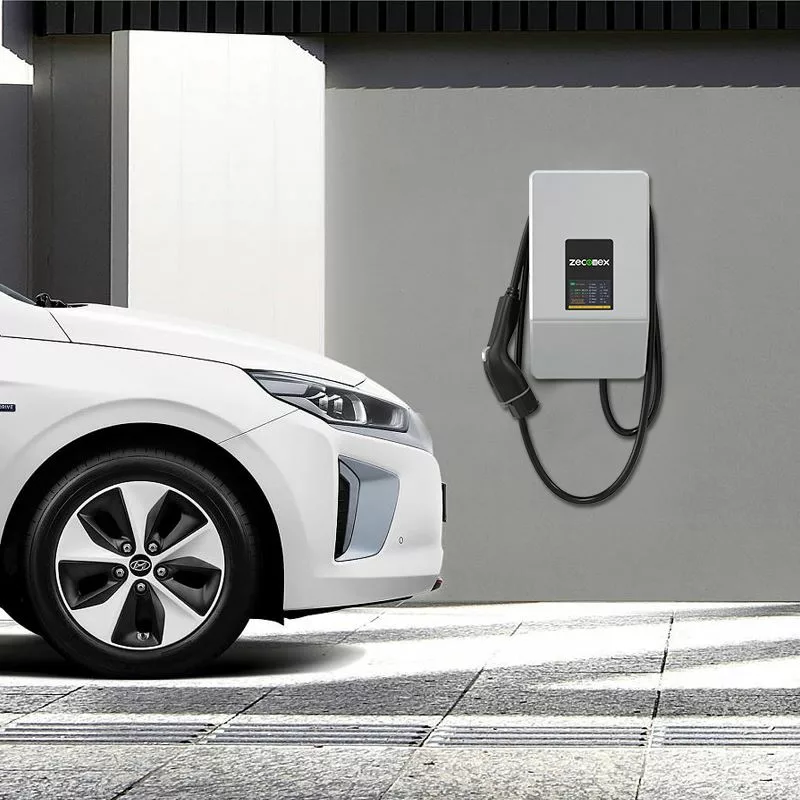As electric vehicles become more popular, EV charging systems will become increasingly important. The best electric vehicle charging systems should be reliable, safe, efficient, cost-effective and convenient.The best EV charger system depends on various factors such as your budget, the charging speed you require, and the compatibility with your electric vehicle.

Best Ev Charger System
Using DC Fast Charging (DCFC): DCFC is the fastest charging technology available and can charge an electric vehicle to 80% of its charge in 30 minutes.
Use distributed charging: Distributed charging means that charging stations are scattered throughout the city rather than concentrated in specific locations. This improves charging availability and convenience.
Use smart charging: Smart charging can dynamically adjust charging power based on grid demand and the charging needs of electric vehicles, thereby improving grid efficiency and reducing electricity bills.
Specific charging system designs can be adjusted according to different needs. For example, for residential users, the charging system can be installed in the home's garage or parking lot. For public places, charging stations can be installed in gas stations, parking lots, shopping malls and other places.
The best electric vehicle charging system characteristics
Reliability and safety: Charging systems must be reliable and safe to ensure that electric vehicles can be charged safely under any circumstances.
Efficiency: Charging systems should be efficient to reduce energy consumption.
Cost-Effectiveness: Charging systems should be cost-effective in order to be widely available.
Convenience: Charging systems should be easy to use to attract more people to buy electric vehicles.
Specific charging system examples
Tesla Supercharger Stations: Tesla Supercharger stations use direct current and have fast charging speeds of up to 250 kW. Tesla currently has more than 30,000 Supercharger stations around the world.
ChargePoint Public Charging Network: ChargePoint is one of the largest public charging networks in the world, with more than 1 million charging stations. ChargePoint's chargers support multiple charging standards, including AC and DC.
Nissan's Home Charger: Nissan's home charger uses AC power and charges relatively slowly but at a lower cost. Nissan's home chargers support the CHAdeMO charging standard.
Choose EV chargers
There are several types of EV chargers available, including Level 1, Level 2, and DC fast chargers.There are several types of EV chargers available, including Level 1, Level 2, and DC fast chargers.
Level 1 chargers are the most basic and typically come with your electric vehicle. They plug into a standard household outlet and provide a charging speed of around 2 to 5 miles per hour.
Level 2 chargers are more powerful and require a dedicated 240-volt circuit. They offer faster charging speeds, typically around 10 to 60 miles per hour, depending on the charger's output.
Zeconex Recommended Products 1
11KW 22KW Electric Car Level 2 Charger For Home
Electric car chargers typically come in different power levels, with 11kW and 22kW being common options for Level 2 chargers used at home. Zeconex level 2 EV Charger for home is a compact AC Charging station for use at homes, offices and other residential locations for personal use only. Its system is simple and featured with small footprint and easy operation.
DC fast chargers, also known as Level 3 chargers, are the fastest charging option available. They use direct current and can provide a significant amount of charge in a short amount of time. However, they are more expensive and are usually found in public charging stations or along major highways.
Zeconex Recommended Products 2
20KW 30KW 40KW DC Fast Charger & EV Fast Charger
DC fast EV chargers are obviously faster than regular AC charging stations, it takes between 15 and 45 mins to charge most electric vehicles as much as 80 percent-- making. Zeconex is a professional manufacturer for dc fast charger, their ev fast charger is compatible with all electrical as well as plug-in hybrid vehicles.
When choosing the best EV charger system, it's important to consider your daily driving needs, the availability of charging infrastructure in your area, and your budget.
